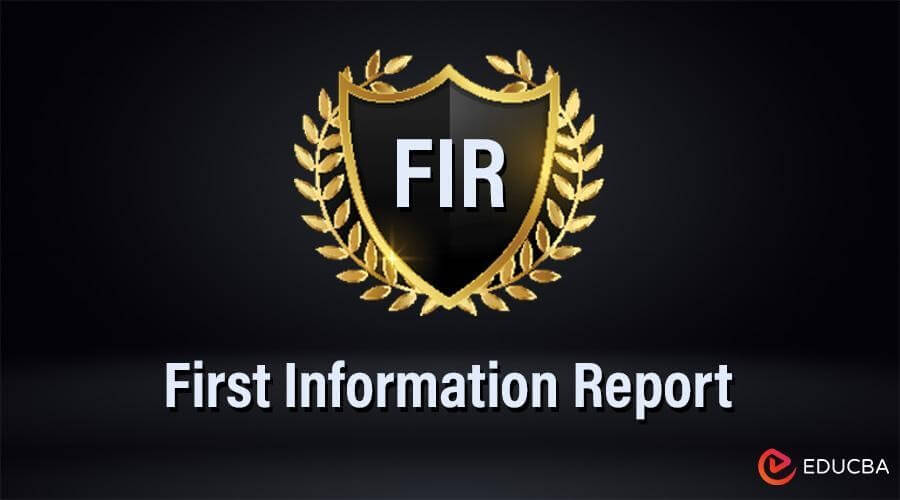Updated January 13, 2023
What is an FIR?
The term “first information report” refers to a statement made to a policeman (in charge) about the suspected criminal’s conduct, whether it came from the victim or someone else. The police begin their investigation based on the first information report. Section 154 of the 1973 Criminal Procedure Act defines what constitutes first information.
In other words, an FIR serves as a complaint to initiate law and order processes based on all the information acquired during the inquiry stage. In one of its rulings, the MP High Court noted that subsequent reports were written but not covered by section 161 of the Criminal Procedure Code of 1973.
The FIR is the crime summary that convinces the police system to begin an investigation.
Who is Allowed to File?
First Information Report (FIR) filings are open to everybody. They do not necessarily have to be the aggrieved party, the victim, or a witness. The individual providing the First Information Report (FIR) need not be the one with first-hand knowledge of the facts; it could just be gossip.
According to section 180 of the IPC, it is a crime for the informant to refuse to sign the initial information. However, it is optional for the informant to mark the first information report (FIR) for it to be void and invalid. The initial data remains acceptable as testimony.
What is the Time Duration to File an FIR?
As much as it is practical and possible, every FIR should be submitted quickly and without losing any time, as mentioned above. There may be instances where a time extension for submitting the FIR is necessary. However, under the circumstances, there should be compelling justifications for a legitimate delay in filing the FIR.
However, as already stated, no time limit can be set for applying the reasonableness test to filing an FIR. Each case’s specific facts and circumstances will determine this. If the prosecution proved that the people filing the report had factual issues, the delay in filing the FIR is not legally fatal.
When is a Statement not Considered an FIR?
Any information related to the occurrence of a cognizable offense comprises an FIR. As the full form suggests, it is the first-hand information of a crime or an incident to initiate an investigation.
Under the following circumstances, a statement is not part of an FIR:
- Incomplete or unauthorized information given to SHO.
- Any telephonic communication not written down in the FIR register of the police station.
- Several days after an incident, recording any statement at the police station.
- Any information received post the initiation of an investigation.
Guidelines by Supreme Court
- If the information reveals the commission of a triable offense, section 154 of the Code requires filing an FIR; no preliminary investigation is allowed in such circumstances.
- A preliminary inquiry determines the reporting of the prima facie offense. If the information obtained does not reveal a cognizable offense but suggests the need for an investigation.
- If a cognizable offense is exposed, the police officer is obligated to report it. If the information obtained by him reveals a cognizable offense, he needs to take action against negligent officers who fail to file the FIR.
- The nature of preliminary inquiry is not to verify integrity but to determine whether the information shows any cognizable true or false offenses of the information received.
- The specifics of each case will determine what kind of preliminary investigation should occur and in which situations.
- The following cases fall within the category where an initial inquiry may begin when:
-
-
- Family and marital problems.
- Financial offence.
- Cases of medical negligence.
- Cases of corruption.
- Situations with an unusual delay in starting a criminal investigation.
-
Those mentioned above are merely examples and are not an implicit list of all circumstances that may merit a preliminary investigation.
- A preliminary investigation should be time-limited. In any event, it should be seven days while still upholding and safeguarding the rights of the complainant and the accused. The Daily Diary entry must note the existence of such a delay and its causes.

